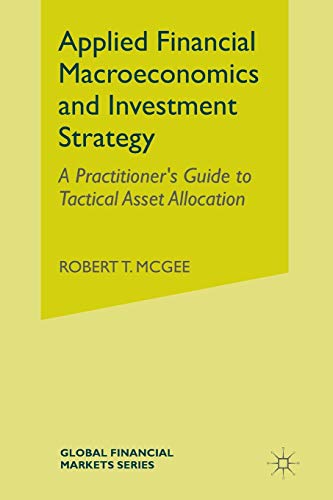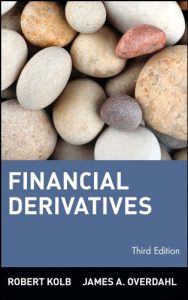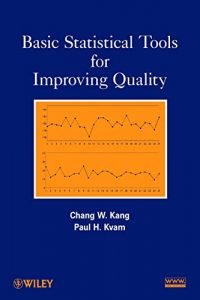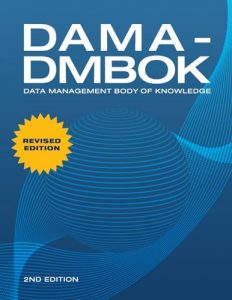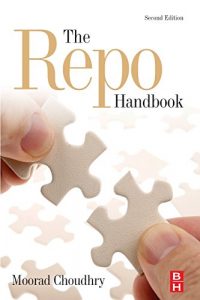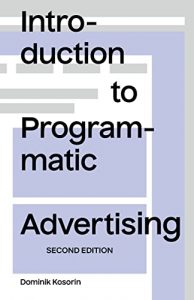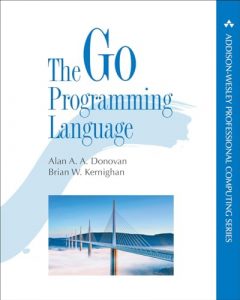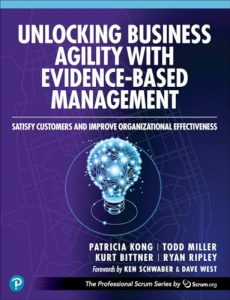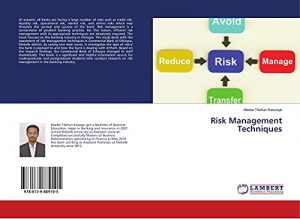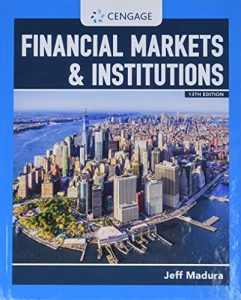Discover the Best Books on Asset Allocation
Asset allocation is a fundamental aspect of investing, and understanding it can make a significant difference in your financial future. In this blog post, we will explore some of the best books available that tackle this essential topic, equipping you with the tools needed to create robust investment strategies.
1. Applied Financial Macroeconomics and Investment Strategy: A Practitioner’s Guide to Tactical Asset Allocation by Robert T. McGee
This insightful read dives into the practical applications of macroeconomic principles in asset allocation. McGee expertly outlines tactical strategies that can help investors adapt to changing market conditions. Whether you are a seasoned investor or just starting out, this book will enhance your ability to make informed decisions about your investments, making it a must-read for anyone serious about optimizing their portfolio.
2. All About Asset Allocation, Second Edition by Richard A. Ferri
This book is a comprehensive guide that discusses the importance of asset allocation and its impact on investment returns. Ferri simplifies complex concepts and provides practical advice on constructing a balanced portfolio. With actionable insights and data-driven strategies, this book is perfect for both novice and experienced investors looking to deepen their understanding of asset allocation principles. You won’t want to miss this valuable resource.
3. Asset Allocation 5E (PB) by Gibson
The fifth edition of this classic offers updated insights into the strategies for effective asset allocation. Gibson discusses the latest trends and research in the field, helping investors navigate the complexities of the financial markets. This book serves as both a reference and a guiding tool for making sound investment decisions, ensuring you have a solid foundation in asset allocation practices.
4. Global Asset Allocation: A Survey of the World’s Top Asset Allocation Strategies by Mebane T. Faber
This book offers an extensive survey of the most effective asset allocation strategies used globally. Faber thoughtfully analyzes historical data to identify which strategies have yielded the best results across various market conditions. By reading this book, you will gain a broader perspective on asset allocation and learn how to apply these strategies to your investment approach.
5. The Intelligent Asset Allocator: How to Build Your Portfolio to Maximize Returns and Minimize Risk by William J. Bernstein
Bernstein’s book is an invaluable resource that demystifies asset allocation and provides readers with a logical framework to optimize their investment portfolios. The author emphasizes the balance between risk and return, covering various asset classes and investment strategies. Ideal for those who wish to maximize their financial returns while minimizing risks, this book is a staple for serious investors.
6. Asset Allocation: Balancing Financial Risk, Fifth Edition by Roger C. Gibson
This updated edition addresses the evolving landscape of financial markets and provides fresh insights into balancing risks. Gibson’s expertise shines through as he guides readers in developing sound investment portfolios that withstand market volatility. This book is perfect for anyone looking to enhance their understanding of risk management through effective asset allocation.
7. Asset Allocation and Private Markets: A Guide to Investing with Private Equity, Private Debt, and Private Real Assets by Cyril Demaria et al.
This book takes an in-depth look at asset allocation involving private markets. The authors provide a comprehensive analysis of private equity, debt, and real assets as valuable investment opportunities. If you are seeking to diversify your portfolio and gain exposure to less traditional assets, this guide will prove essential for strategic financial planning.
8. Frontiers of Modern Asset Allocation by Paul D. Kaplan and Laurence B. Siegel
This book delves into innovative asset allocation theories and practices in today’s financial environment. Kaplan and Siegel discuss new methodologies and strategies for optimizing investments, emphasizing the importance of adapting to the ever-changing market conditions. Their insights will challenge your assumptions and encourage you to consider creative approaches to asset allocation.
Conclusion
Each of these titles provides unique insights and strategies for effective asset allocation, making them essential reads for any investor. Whether you’re establishing your portfolio or seeking to refine your investment strategies, these books will guide you toward achieving your financial goals.

